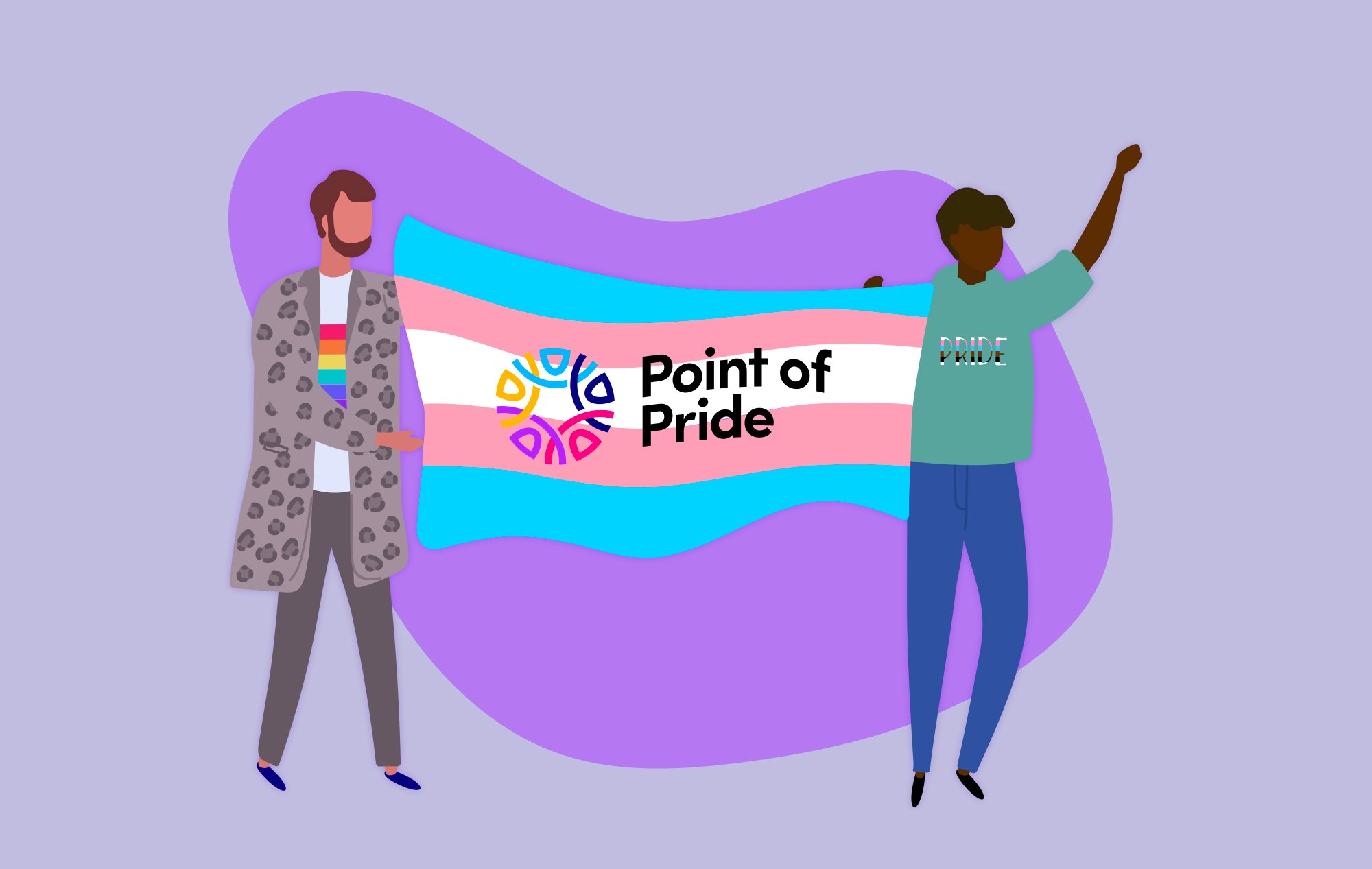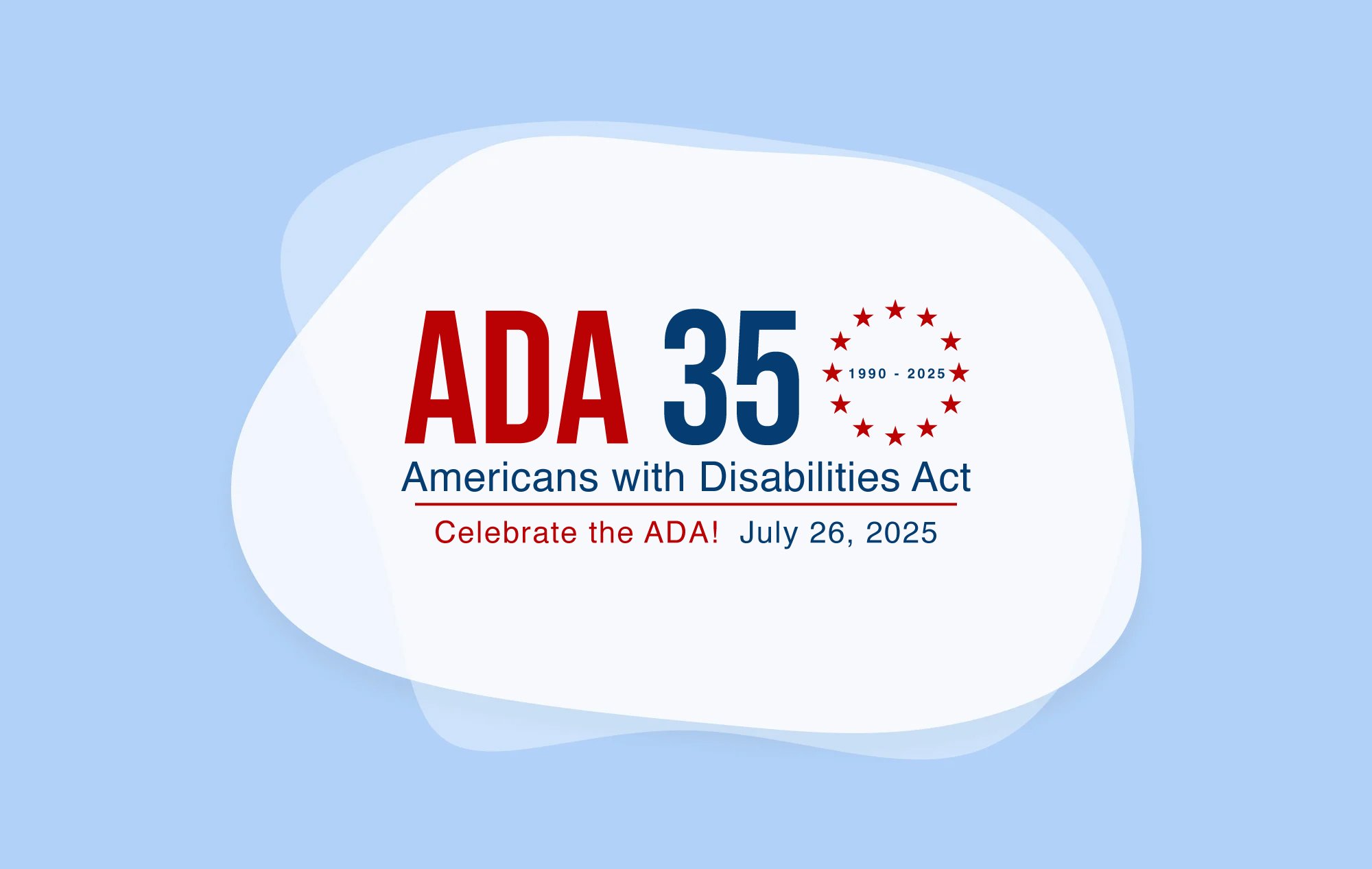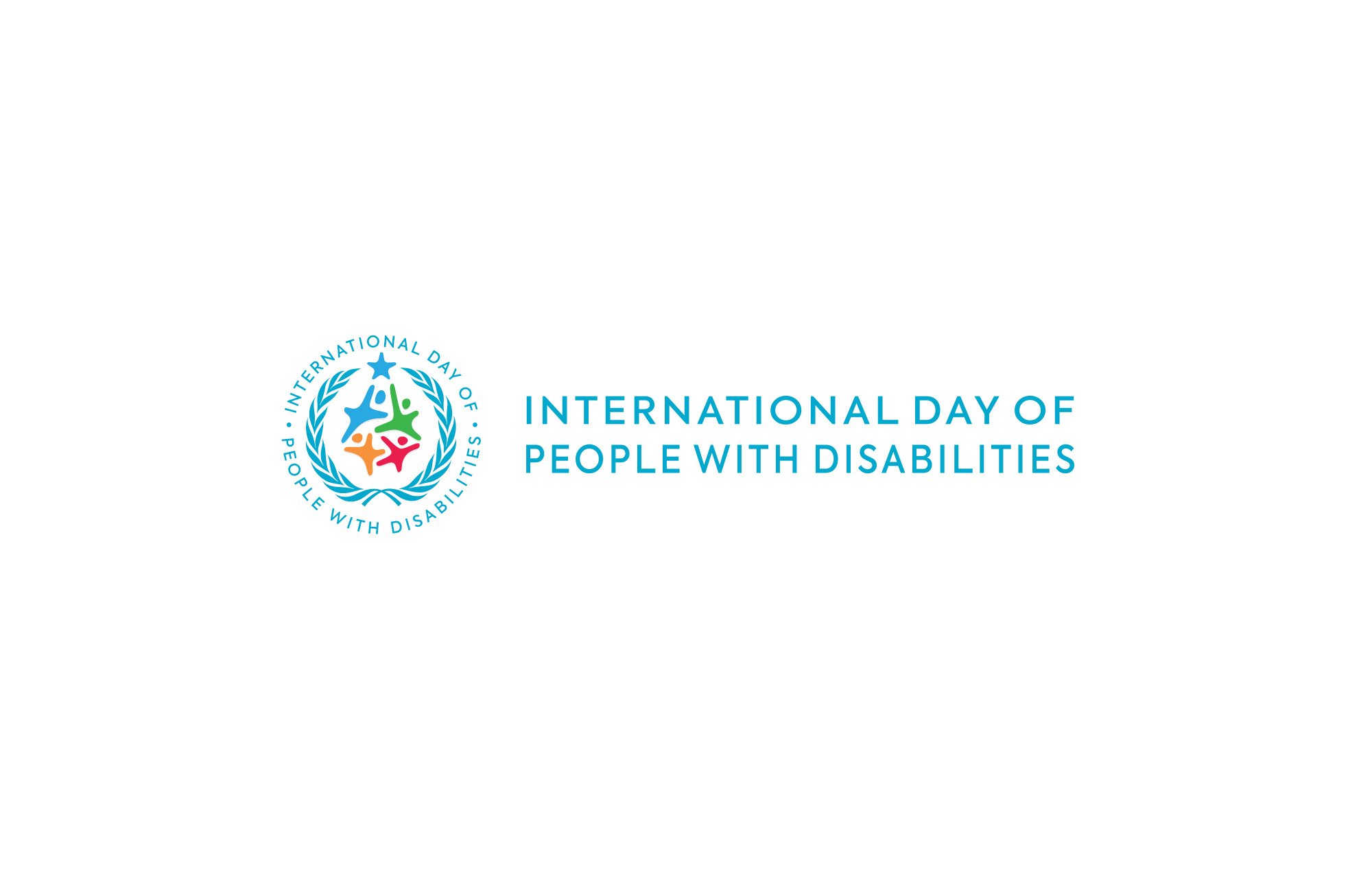Organizations—both nonprofit and otherwise—love to brag about how closely they accept feedback from their community. Of course, stating publicly that you have an open mind is one thing—translating it into real change is something else altogether.
Point of Pride is taking a different approach. For their Annual Transgender Surgery Fund, the trans-led 501(c)(3) nonprofit organization gathered feedback from the community and used it to implement real change to their existing processes.
Operated entirely by volunteers, Point of Pride offers an array of programs geared toward trans individuals seeking various health and wellness services. The surgery fund is one such program. The fund works like a scholarship, providing direct financial assistance to trans folks who cannot afford gender-affirming surgery.
The process functions much like a typical healthcare open enrollment period. All applications are submitted online and reviewed by a team of assessors at Point of Pride. Recipients receive varying grant amounts depending on their financial need and other factors.
And here’s where the oft-repeated sentiment of being open to feedback comes into play. The organization learned that its applicants often require more equitable options in order for the application process to be on a more even playing field.
Improvements in the Name of Accessibility
For starters, those who sign up can now name a support person that helps them submit an application. Through various community engagement efforts, Point of Pride realized some folks need additional assistance—this could be due to language barriers, inconsistent internet access, cognitive disabilities, the need for emotional support, or other factors.
The results were immediate: Halfway through this current application cycle, Point of Pride says 30 percent of applicants have utilized a support person in filling out various forms.
“We have a long-term goal to offer multi-language versions of all our application forms as well as personalized support to applicants who need it, but simply do not have the resources to do so today,” says Jeff Main, co-founder and Secretary of the Board of Directors for Point of Pride.“ Allowing folks to use a support person is one way to help bridge that accessibility gap.”
15 percent of applicants are currently living with homelessness or housing insecurity, says Main. Through focus groups and surveys, the Point of Pride team learned that many of those who apply do not have consistent internet or email access. What’s more, many of them might be faced with deeply personal and difficult topics, such as experiences of abuse, violence, transphobia, and discrimination. Even further, many applicants are not native English speakers, and a third of those who apply live with a disability or chronic illness.
“All of these folks can benefit from having a trusted person in their life go through the application process together,” says Main.
In addition to rolling out this new feature for the Annual Trans Surgery Fund, Point of Pride also compiled heaps of useful information centered on requirements for applicants, as well as a self-assessment, what applicants can expect during the process, notes on accessibility, privacy, language, and equity, as well as an extensive FAQ section. It’s all part of their effort to be as transparent as possible.
“Our Instruction Packet is available year-round, so that potential applicants can see the entire application in full, with extra context. This gives people who might want or need extra time to draft their answers in advance.” says Main. “And then in terms of radical transparency, we provide applicants with extremely thorough articles that aim to explain our organization’s processes and reasoning behind the financial aid decisions we make. We actively solicit and encourage feedback from the community via forms, surveys, and focus groups, and apply that feedback as best we can.”
Equity is a Guiding Principle at Point of Pride
Point of Pride’s equity-based processes—such as the newly formatted surgery fund application—seek to address the failures of disparate levels of privilege and access.
The fund prioritizes applicants who identify as trans feminine or outside the gender binary; people of color; people with disabilities; elders; undocumented immigrants—the folks most likely to face additional hardships to receiving necessary healthcare.
But another example of the organization’s emphasis on equity is their Community Grantmaking Fellowship, which trains volunteers to help with the review process. Point of Pride has more than 30 fellowships this cycle, each helping to review every application. In order to participate, the fellows are required to identify as trans—this underscores the mission of “community supporting community” at Point of Pride.
“Members of the trans community have an incredible history of resilience and coming together to create powerful, life-affirming support for one another. The Community Grantmaking Fellow program embodies that history by providing support from and for the community,” says Main. “Our applicants have shared with us that they feel more comfortable sharing their authentic experiences in their applications, knowing that the people reviewing those applications are trans, too. Having a larger team of reviewers, and a carefully developed scoring rubric, also helps us mitigate unconscious biases and ensure we’re serving the most marginalized members of our community.”
Learn more about Point of Pride on its website, Instagram, Facebook, and LinkedIn.






Leave a Comment